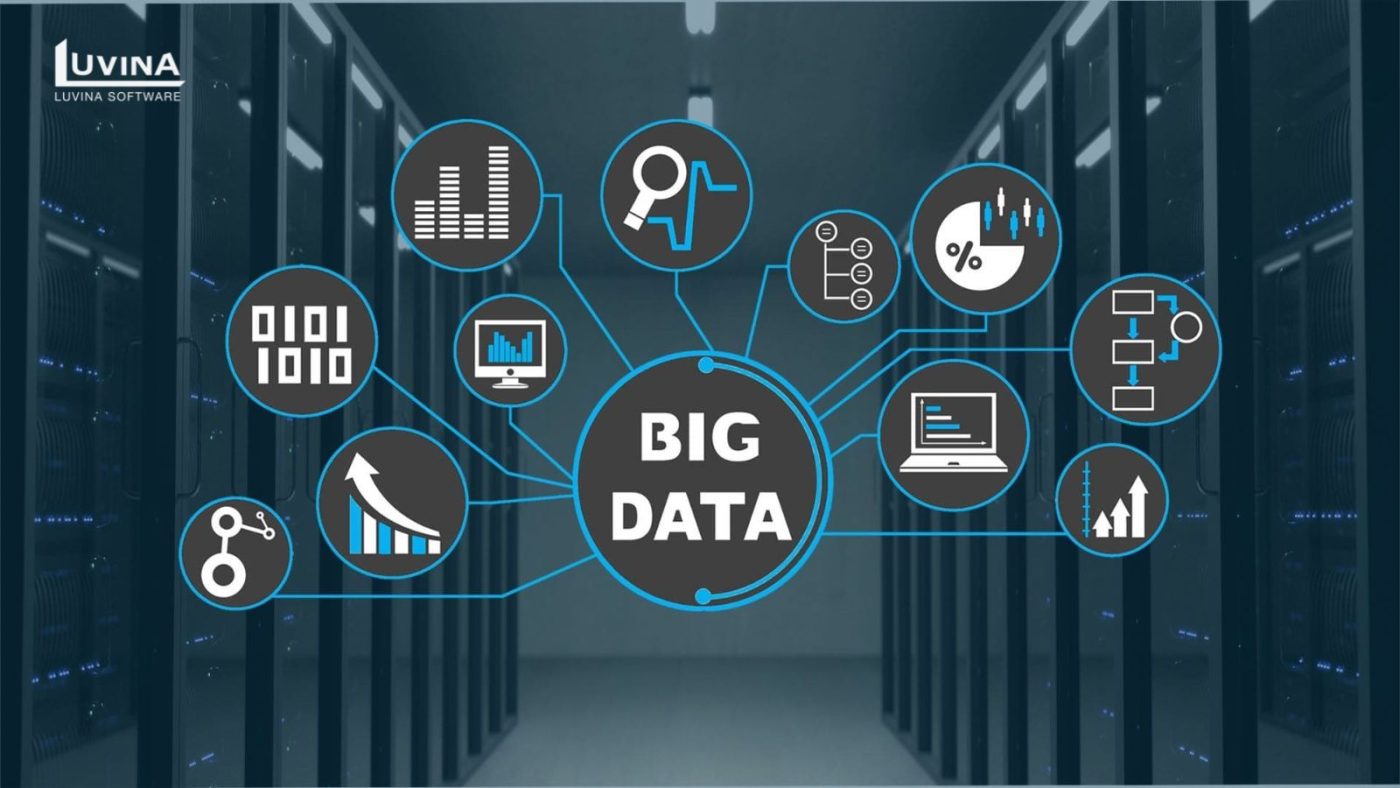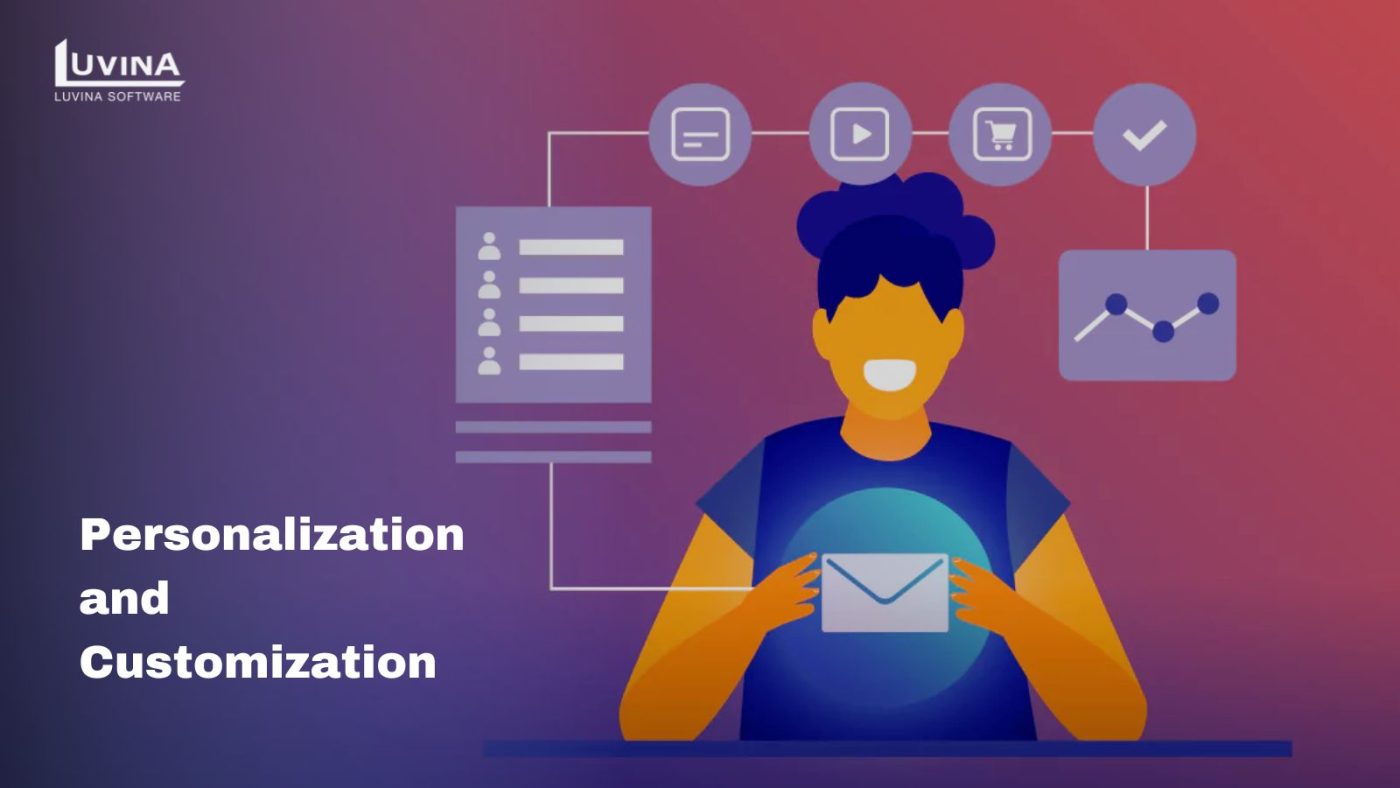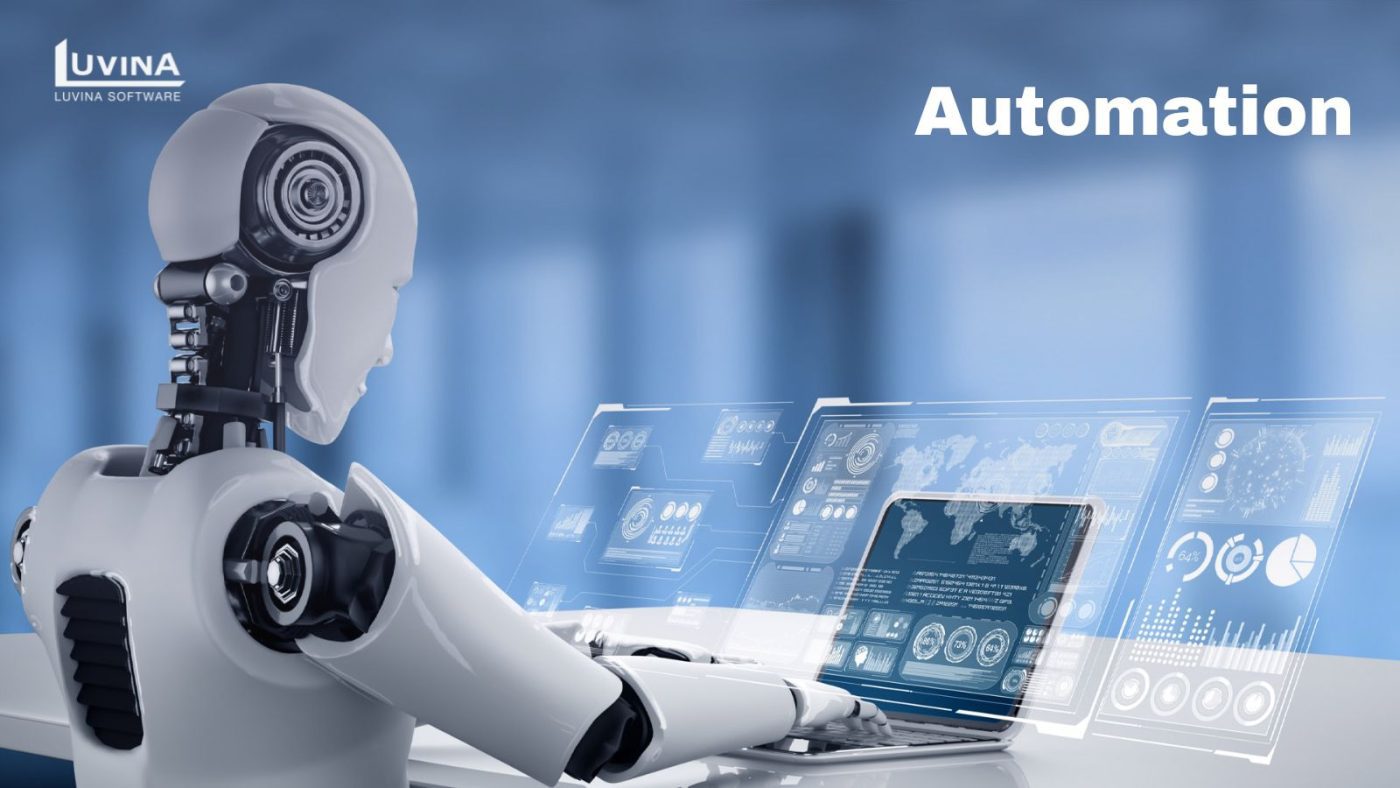Recent years have seen a remarkable surge in the number of technological innovations developed by humans, with Artificial Intelligence (AI) being the most prominent advancement. According to Grand View research statistics, the global AI market was estimated at USD 196.63 billion in 2023 and is projected to grow at an exponential annual growth rate (CAGR) of 38.1% from 2022 to 2030.
Indisputably, whether you are fond of utilizing AI or not, we all have to admit that AI is transforming business both external and internal processes across a widest range of sectors, from Education, Law, and Healthcare, to Engineering. Regardless of your company’s circumstances and sources, it still, indeed, does wonders for your corporation in one way or another.
There is little room for doubt that AI creates countless golden opportunities to thrive, but if you do not know how to capitalize upon those chances, it is likely that your organization will operate less optimally. So, in today’s blog, let’s discover 5 ways in which AI is changing your business and how your business can maximize efficiency as well as profits in the modern digital landscape through those.
Companies become increasingly reliant on Big Data
Simply put, Big Data is larger, more sophisticated collections of structured, semi-structured, and unstructured data that can exponentially extend in the long run. It is the straightforward accessibility to customers’ information, behaviors, insights, payments, and other performances of AI-powered technology that has given rise to enormous amounts of data, thereby resulting in Big Data.

With AI, Data could be collected automatically from countless channels such as cookies, social media, or surveys, you name it. Unlike traditional data, which you need to analyze separately after collecting, Big Data from AI allows your company to analyze cross-channels for multiple purposes. This helps you to save time in analysis tasks.
In business, it can be configured and then utilized to explore new markets, create better business strategies, reach prospective customers, and promote products. Thanks to that, exploiting Big Data is indeed one of the most comprehensive tools to function effectively.
All in all, Big Data will be significantly conducive to companies’ long-term benefits in many ways. Therefore, every company needs to capitalize on Big Data in the daily business processes to catch up with the rapid transformation of the digital world.
Personalization and Customization features inside products are prevalent
Take a look around, a wealth of products offering AI-powered personalization patterns such as Google Home, Amazon Alexa, Samsung phones or AI chatbots (Gemini, ChatGPT, Copilots …) have demonstrated this trend.
An array of companies take advantage of AI to integrate the most cutting-edge technology allowing customers to personalize based on personal penchants into their products. As these products and technology become more prevalent, customers begin to change their purchasing behaviors. Customers are now asking for customization and personalization features as must-have in a commodity.
As an inevitable result, to keep ahead of competitors, there is an urge for companies to apply AI and build these special “personalization” systems into their goods so that customers will gravitate toward these items.

Automation is in charge of many tasks
It can not be denied that AI products, specifically automation, are transiting business operational procedures. It helps handle multiple tedious tasks and puts a restraint on the amount of additional work for maintenance and supervision, thereby contributing to a desirable growth in productivity and efficiency. Because of that, it has been applied to businesses from diverse sectors on a more frequent basis.
However, the rise of automation could somehow induce a feeling of fear in some people. You might be exposed to social articles or reports indicating that automation can eliminate several jobs in manufacturing, transportation, and maintenance tasks. But certain jobs, such as software engineering, will be created and popularized too. We have to face the hard truth that some jobs will decline, others will grow, and many more will change (McKinsey)

This trend urges your company to ponder upon the decisions correlated with updating and shrinking down the workforce in your organization. You must have to utilize automation to deliver several high-demand tasks currently existing in your workplace or in some circumstances, you have to start outsourcing from specialized companies to manage automation works.
Cybersecurity is improved
In the 2000s and early 2010s, cybersecurity data leakage took place in a variety of enterprises on a frequent basis. To rectify the problems, these companies had to squander enormous amounts of time and effort, even burning the midnight oil. However, ever since the introduction of top-tier AI tools and assistance, cybersecurity protection seems less challenging.
The majority of cybersecurity breaches are human-made or involve human unintended errors. In the present day, with AI, it can help filter out potential malicious links, and spam emails before opening or possibly risks in advance for users. Therefore, dangerous risks could be mitigated.
Additionally, since the artificial intelligence and machine learning technology that the company opts for is capable of learning like a human, using past data to identify present risks and future chances, these technologies can improve security in your online hub in the long run, not within just a few years. The longer technology remains up-to-the-minute, the greater impact it will have on an organization.
More specialized skills are of necessity

AI requires more technical skills, deep and focused knowledge as well as problem-solving skills of employees to implement, maintain, and develop. Obscure understanding and lack of flexibility to adapt to new changes that AI brings about could, indisputably, end up in technology malfunctioning or worse, business failures.
Therefore, if your team wants to make use of AI to leverage business efficiency and catch up with the digital transformation notion occurring in the modern marketplace, it is worth keeping in mind that high-quality expertise in technology is needed. Upgrading the skills of your personnel is a great option but you should also not overlook outsourcing qualified teams for some of your AI-related tasks.
Conclusion
Being a promising competitor in today’s business market, your company might have to meet up with those 5 changes that AI induces. They can act as impediments for you, but on the flip side, they also create multiple golden opportunities to grow and rapidly thrive toward a bright future.
Getting to know these 5 ways in which AI is changing your business in 2025 will lay the foundation for the success in deploying and integrating artificial intelligence into your business to reap desirable fruits. We hold a strong belief that AI will continue to expand its impacts on the world on a larger scale and down the road. Consequently, updating the latest trends in AI is of great magnitude.
In Luvina, we not only offer you the latest information about artificial intelligence transition but our company commits to providing the best digital solutions for all companies from start-ups to eminent SI corporations.
If you are looking for an IT enterprise to help with your digital transformation journey, our company can meet your demands. Contact Luvina Software now to let us accompany you on this uphill journey.









Read More From Us?
Sign up for our newsletter
Read More From Us?
Sign up for our newsletter